Rachel Perkins making inroads in her father Charles’ footsteps
Writer, filmmaker Rachel Perkins sees the campaign against the Indigenous voice as a key difference between the 1967 referendum – Australia’s most successful – and the one in which the nation will vote this year.
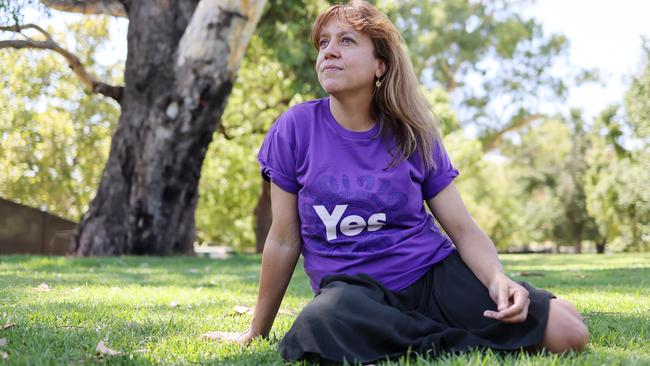
Writer and filmmaker Rachel Perkins sees the campaign against the Indigenous voice as a key difference between the 1967 referendum – Australia’s most successful – and the one in which the nation will vote this year.
“Importantly, there was no ‘no’ campaign back then,” Perkins, whose father was famously a leader of the 1967 push, told The Australian. “So this time around we have a no campaign, but I think that the groundswell of support is enormous.”
Perkins joined more than 200 strategists, community groups, businesses and church groups in Adelaide on Wednesday to plan how to win the voice referendum.
The group will launch the freshly named Yes alliance campaign on Thursday evening.
The Yes volunteers are preparing to disperse to all states and territories for the first leg of their push as Anthony Albanese leaves open the possibility of changing his draft constitutional amendment for a voice to parliament so that it cannot make representations to executive government, only to parliament.
It is more than 60 years since the famous Freedom Ride activist Charles Perkins joined like-minded Australians in Adelaide to help lay the groundwork for the 1967 referendum that allowed Indigenous people to be counted in the census and took sole responsibility for laws about Aboriginal people off the states.
More than 90 per cent of Australians voted yes to the referendum question, and for the first time the commonwealth was able to legislate in Indigenous affairs.
Perkins, the late activist’s daughter, is in Adelaide thinking of him and other early members of the Council for Aboriginal Advancement as she devotes herself to a referendum campaign to give Indigenous Australians a say in those commonwealth laws.
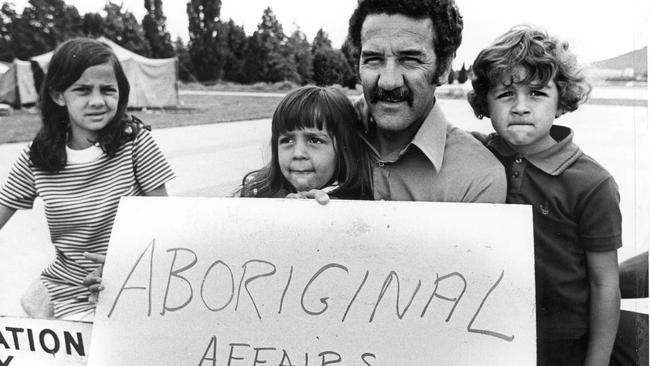
She believes the voice can make Australia a modern democracy. She predicts it will be “the solution that unlocks many of the problems our communities face”.
“That’s why I’m here and actually I’ve taken the year off. I am stopping filmmaking and stopping everything I do so that I can be involved in this process,” she told The Australian.
“Because it is so important. There is nothing really more important at this moment for us.”
Perkins believes a no vote would devastate a generation of Indigenous Australians who have worked for the recognition that is now proposed.
“We’ve had 30 years of reconciliation process and now we’ve got a practical nation-building exercise in front of us and if the very modest ask that we are making to our fellow Australians is rejected, it will be a blow to our morale in a very deep way,” she said.
“I just don’t know how we will recover from that rejection.”
Perkins lives in Alice Springs, where she says she has seen the wash-up from policies written and implemented from thousands of kilometres away and without input from the Aboriginal communities they were designed to help.
The Basics Card – part of the Howard-era intervention in response to child sex abuse – quarantined welfare money from alcohol but Perkins said it left some households worse off because it did not work in outlying stores and women were forced to get taxis to supermarkets in town that could accept the card.
“They were spending more money getting into town to buy their groceries than on their actual groceries … that’s just a really simple example of something that’s been developed thousands of kilometres away and doesn’t work on the ground because the people on the ground haven’t been heard.
“It came from a good place. That’s the thing, policies come from a good place. They are well intentioned but without the local expertise, they fail. And cost enormous amounts of money because they’re fixes that don’t work.
“If the NT intervention was done with Indigenous people, with their participation and advice, I think it would have been a much more successful intervention or policy.”
In contrast, Perkins said the commonwealth’s choice to listen to Indigenous people in remote communities at the beginning of the global pandemic prevented serious outbreaks.
On the advice of Indigenous people, the commonwealth used biosecurity laws to lock down remote communities.
Debate about the wording of the referendum proposal has added fuel to the no campaign. Removing the words “executive government” from the constitutional amendment could appease some who believe that reference will open it up to legal challenges and add confusion to the referendum.
The Prime Minister said on Wednesday he was not being prescriptive about his proposed change to the Constitution, which says the voice “may make representations to parliament and the executive government on matters relating to Aboriginal and Torres Strait Islander peoples”, and wanted to bring as many people as possible on the “journey” to constitutional recognition.
“I’m aware that there is a view over whether it be ‘executive government’ or ‘government’. Those things will be worked through,” he told the National Press Club.
Mr Albanese also accused critics of “pretending” there was not already clear detail about the voice, a point expected to be central to the no campaign.
“People can choose to try to spread misinformation or pretend that they don’t know about issues which are so clear, even though they all know it won’t have a right of veto, it won’t be a funding body, it won’t run programs, it’s not going to sit around the cabinet table,” he said.
Perkins is optimistic Australians want to give Indigenous people a rightful place in their country, and believes the yes campaign can convey to Australians that the voice is a grassroots proposal, not a proposal by elites.
“My father was born in a Native Institution. We are not elites. We come from our communities,” she said, pointing to support for the voice from some of the most remote Indigenous representatives in Australia, across central Australia.
“It’s what our communities are saying. And the data, the research shows, that 86 per cent of Aboriginal people support the voice.”


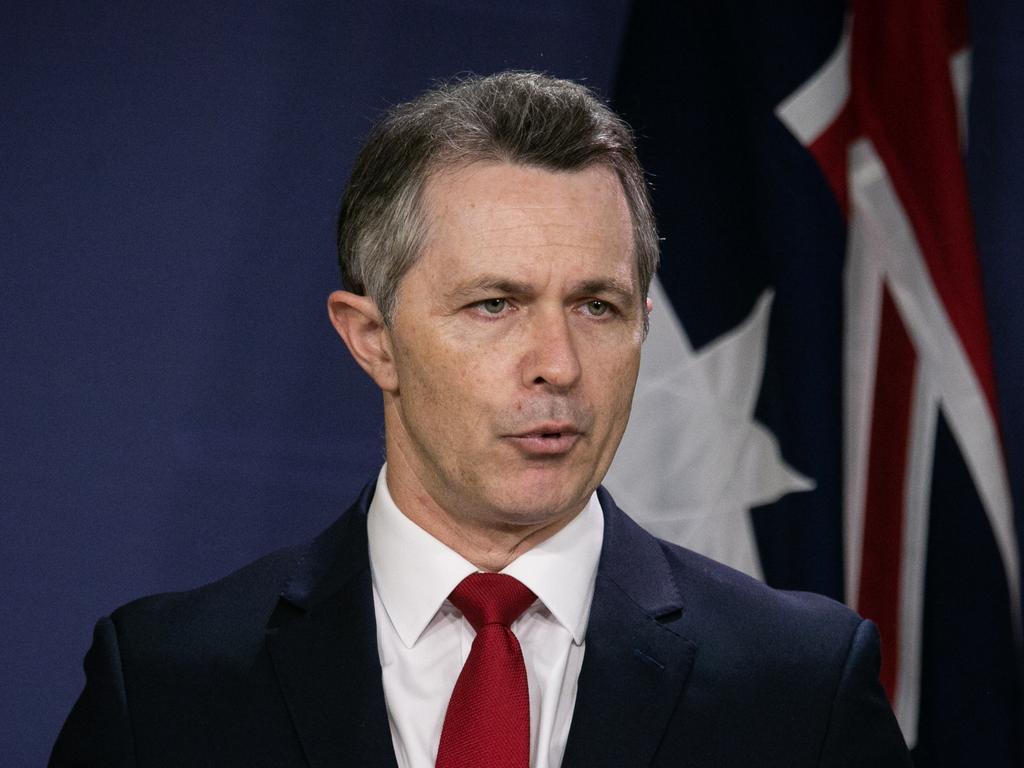
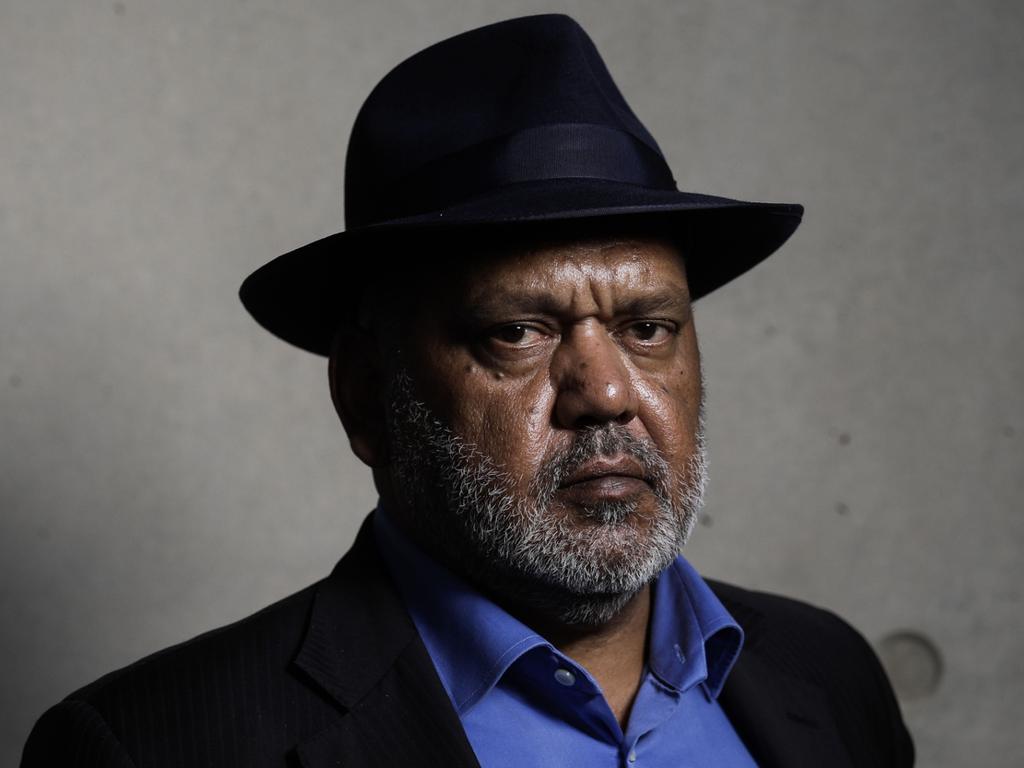
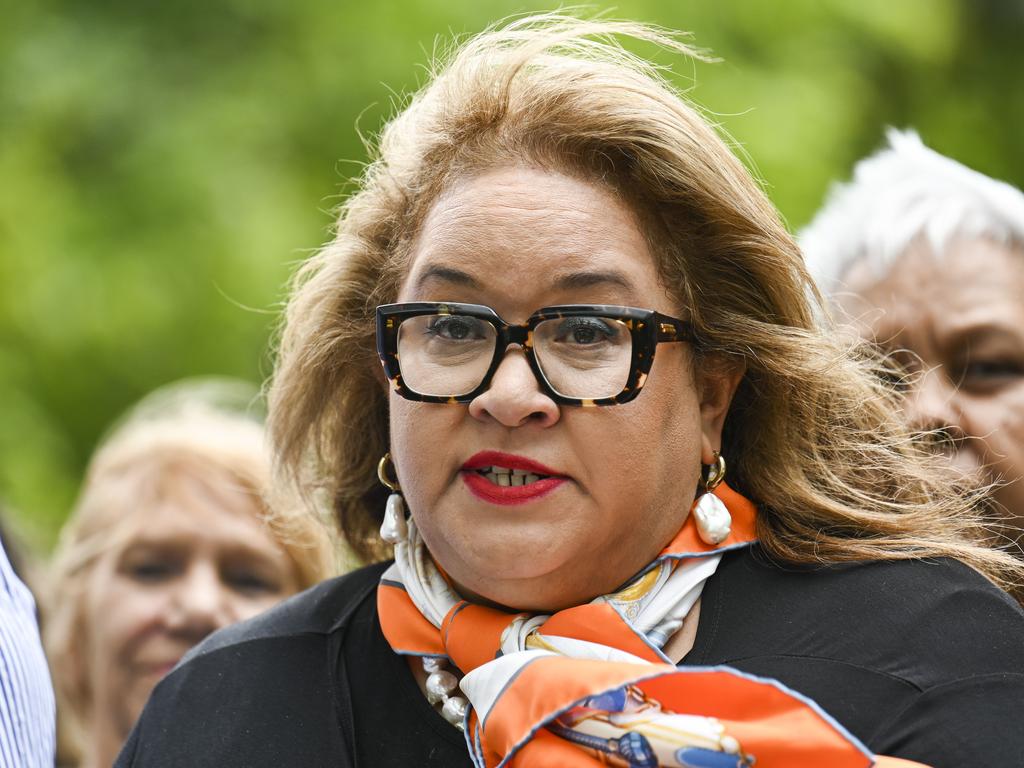
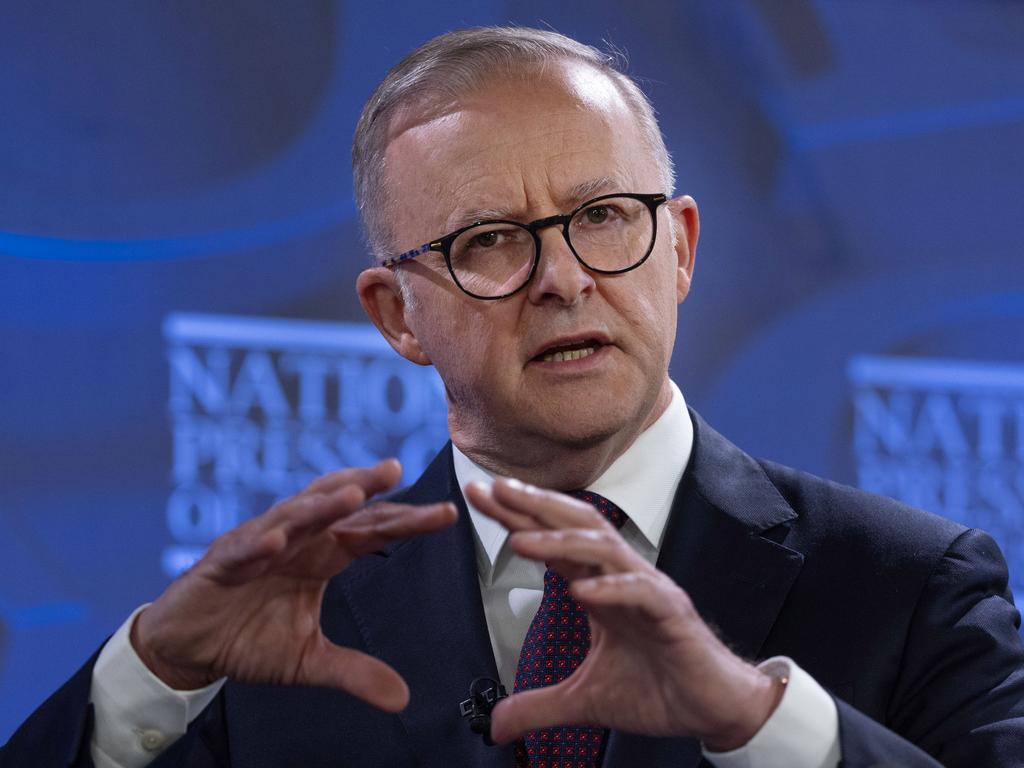


To join the conversation, please log in. Don't have an account? Register
Join the conversation, you are commenting as Logout